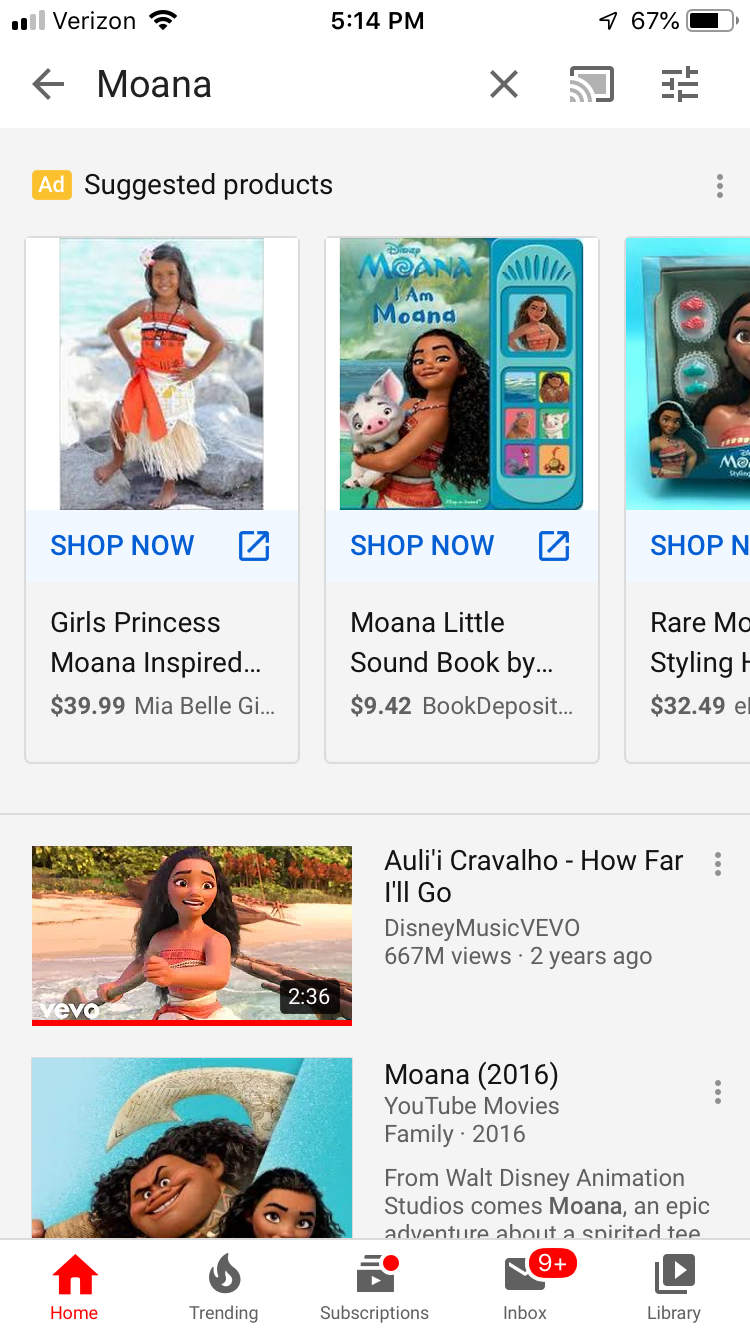
Weekly Digital Breakdown – 11.7.19
Weekly Digital Breakdown
Nov 07
Google Steps Up Its Game
Google has continuously found themselves a step behind Apple when it comes to wearable technology. In an attempt to win more of the market, Google purchased Fitbit last week for $2.1 billion. The intentions of the acquisition are unknown, but there are many possible advantages to be gained by Google in both the wearable technology and fitness space.
One possible motivator for the purchase is Fitbit’s proven track record. While it does not offer as many features as Apple wearables, Fitbit’s fitness expertise and tracking technology can be a valuable tool in improving Google’s Wear OS platform. Fitbit also comes with a dedicated user base that is loyal to its product and app features which will likely carry over to the new ownership.
Another major motivator for the purchase could be the healthcare data and demographics now available to Google. While Fitbit and Google insists user information will not be used for advertising opportunities, the information about health and wellness could be used to help Google advance its efforts as an industry leader in transforming the digital healthcare space.
However, the purchase did not come without its share of scrutiny from lawmakers. Concerns stemmed from Google’s ability to acquire yet more data while being reviewed as part of an antitrust investigation. While the deal won’t be officially closed until sometime in 2020, the companies have allowed a window to clear the antitrust investigations. If the deal is prevented from being completed, Google would owe Fitbit $250 million.
The purchase is definitely creating exciting possibilities at the prospect of Google jumping into wearables and healthcare. It also poses the question for users, is convenience worth giving up your privacy.
https://www.theverge.com/2019/11/1/20943318/google-fitbit-acquisition-fitness-tracker-announcement
Facebook Is Losing Friends
With another week comes another story about Facebook’s internal operations and unfortunately, they still aren’t winning any friends. As part of a new lawsuit brought by California’s Attorney General Xavier Becerra, more communications have been uncovered which expose the company’s practice of blocking competitor ads to prevent competition in the messenger space. Despite the loss in ad revenue, the company, specifically CEO Mark Zuckerberg, decided to prevent any services that could threaten Facebook’s efforts to dominate the space.
The goal of the investigation is to understand how Facebook’s data policies were structured between 2012 – 2015. Becerra is also trying to uncover if and how the company utilized data to benefit or incentivize partners to increase ad revenue. Communications within the company are being used to further investigate the data-sharing practices and how they were amended for financial gain. Facebook has been resistant to the inquiry and failed to comply with lawfully issued subpoenas and interrogatories according to Becerra.
Facebook has yet to comment publicly but has previously stated that the documents are misleading and not an accurate depiction of actual events. Instead, they are misconstruing public opinion. However, more investigations are anticipated in an attempt to highlight Facebook’s inconsistencies in its operational practices in order to maximize revenue by sacrificing user security.
As digital capabilities continue to advance faster than regulations, the internal workings of big tech will be further monitored in the interest of user privacy.
YouTube Adds Shopping
As holiday marketers look for new ways to get in front of shoppers, this week YouTube announced it’s making suggesting gifts a little easier this year. Shopping ads will now populate in both a user’s home feed and within search results. The ads will list product suggestions related to user’s YouTube search history. The visual inspiration can help guide those who are struggling with what to buy this season.
The YouTube Shopping ads will include product image, price, and retailer and will link directly to an ecommerce site for purchase. With more people coming to YouTube to browse or research products, having the correlating Shopping ad could mean a boost in sales due to the precise audience targeting. For retailers, the addition comes just in time for peak holiday shopping as Black Friday is just over 2 weeks away.
Product match suggestions will mimic other Google Shopping ads in that they will be based on the user’s interest matched with product feeds provided by the advertiser through the Merchant Center. This will enable inventory to be dynamically updated based on the most current availability and pricing.
In addition to the Shopping ads, YouTube also unveiled more interactive video ads for marketers which should be well received by shoppers this holiday season. Users will be able to take actions such as complete interest forms or access store locations to drive interest and purchase decisions.
Beyond the holidays, these updates will continue to appeal to advertisers as they are looking for ways to expand their reach to consumers. With video continuing to consume more of the market, offering ways to streamline the path to purchase is a win for both brands and YouTube.






